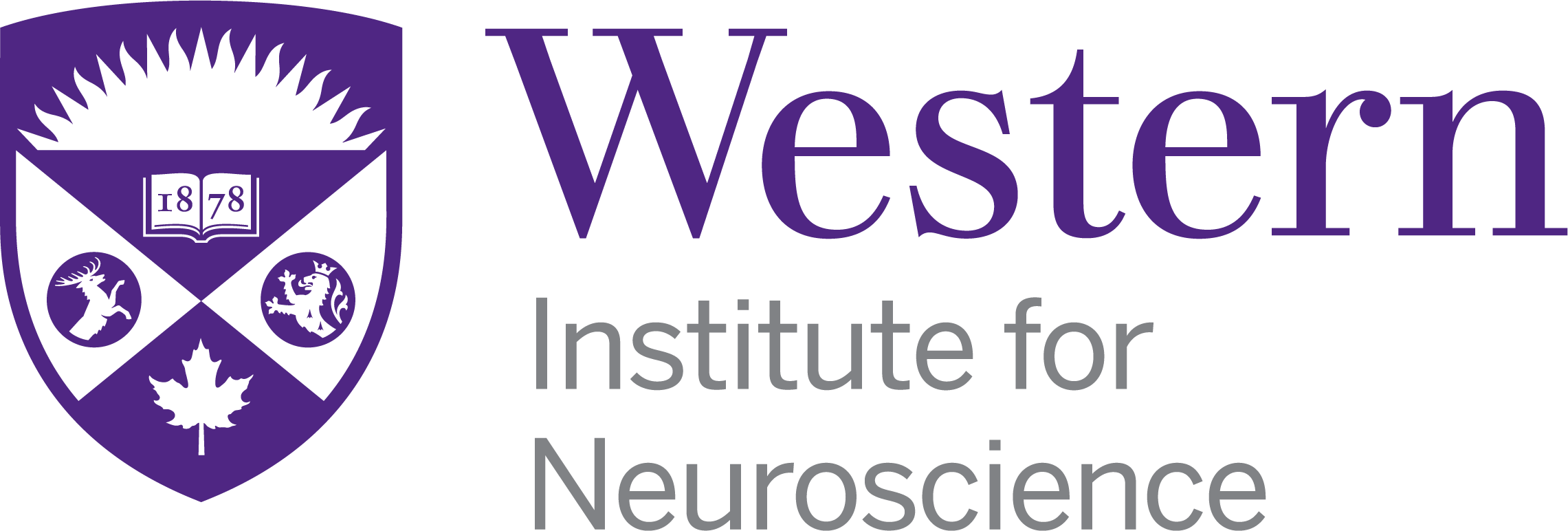Document Type
Article
Publication Date
6-1-2022
Journal
Acta Psychologica
Volume
226
URL with Digital Object Identifier
10.1016/j.actpsy.2022.103590
Abstract
One of the challenges in second-language learning is learning unfamiliar word forms, especially when this involves novel phoneme contrasts. The present study examines how real-time processing of newly-learned words and phonemes in a second language is impacted by the structure of learning (discrimination training) and whether asking participants to complete the same task after a 16–21 h delay favours subsequent word recognition. Specifically, using a visual world eye tracking paradigm, we assessed how English listeners processed newly-learned words containing non-native French front-rounded [y] compared to native-sounding vowels, both immediately after training and the following day. Some learners were forced to discriminate between vowels that are perceptually similar for English listeners, [y]-[u], while others were not. We found significantly better word-level processing on a variety of indices after an overnight delay. We also found that training [y] words paired with [u] words (vs. [y]-Control pairs) led to a greater decrease in reaction times during the word recognition task over the two testing sessions. Discrimination training using perceptually similar sounds had facilitative effects on second language word learning with novel phonemic information, and real-time processing measures such as eyetracking provided valuable insights into how individuals learn words and phonemes in a second language.



